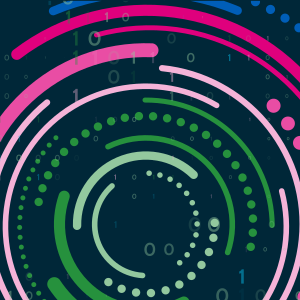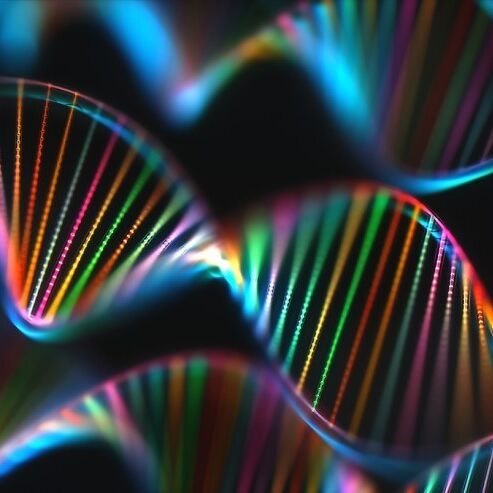For clinicians
Information and resources for clinicians engaging with whole genome sequencing and the NHS Genomic Medicine Service.

Whole genome sequencing
Whole genome sequencing (WGS) is the process of reading a person's entire genetic code. It adds new dimensions to patient diagnosis and treatment and unlocks more information than conventional standard of care genetic testing. This can aid in making diagnoses and tailoring treatments for patients.
Here you'll find information for clinicians about whole genome sequencing in the NHS, as well as resources to help discuss WGS with patients.
Pediatric oncologist Jack Bartram highlights how WGS has greatly helped his patients.
Whole genome sequencing in the NHS
WGS is a type of genomic test available in the NHS Genomic Medicine Service (GMS). Clinicians in the NHS can request WGS for patients with certain rare disease indications or cancers, to help inform their care.
WGS in the NHS GMS involves a patient consent process. You can find record of discussion forms here.
This includes a conversation between clinician and patient that covers both the clinical implications of the test, as well as an option for the patient to make their data and samples available to researchers in the National Genomic Research Library (NGRL).
Information about the NHS GMS genomics team from Health Education England.
Genomics England's role in whole genome sequencing
Genomics England works with NHS England, the NHS Genomic Medicine Service and our sequencing partner Illumina to undertake whole genome sequencing and analyse the results.
These results are then fed back through regional networks of NHS Genomic Laboratory Hubs and on to clinical care.
We also securely store that genomic information (with patients' consent) in the National Genomic Research Library, and make it available for research.

PanelApp
Genomics England developed an open-source tool to allow experts to share diagnostic information on gene panels.

